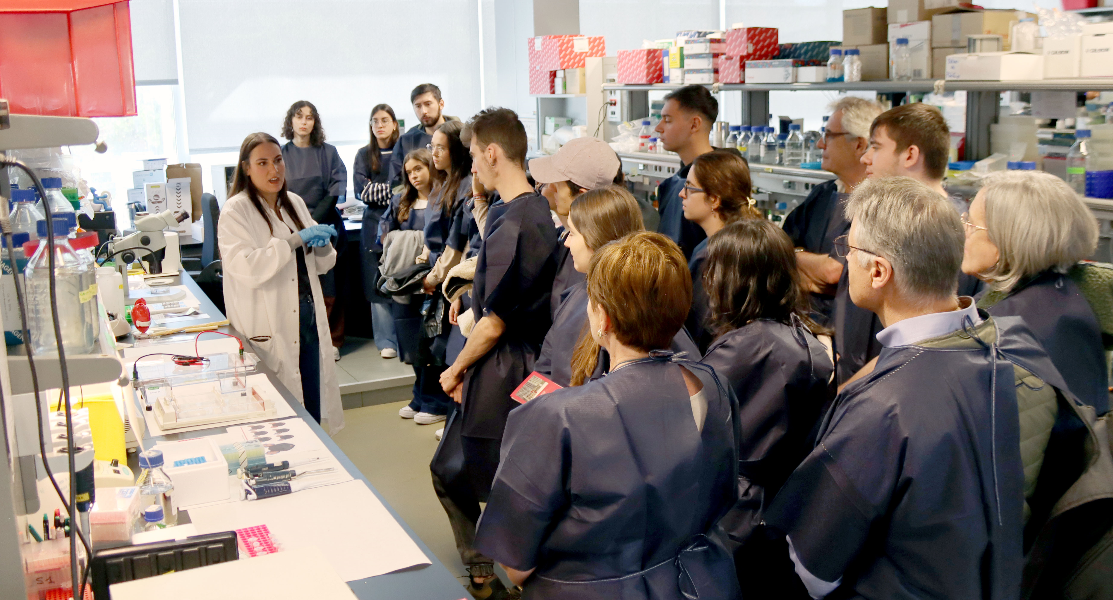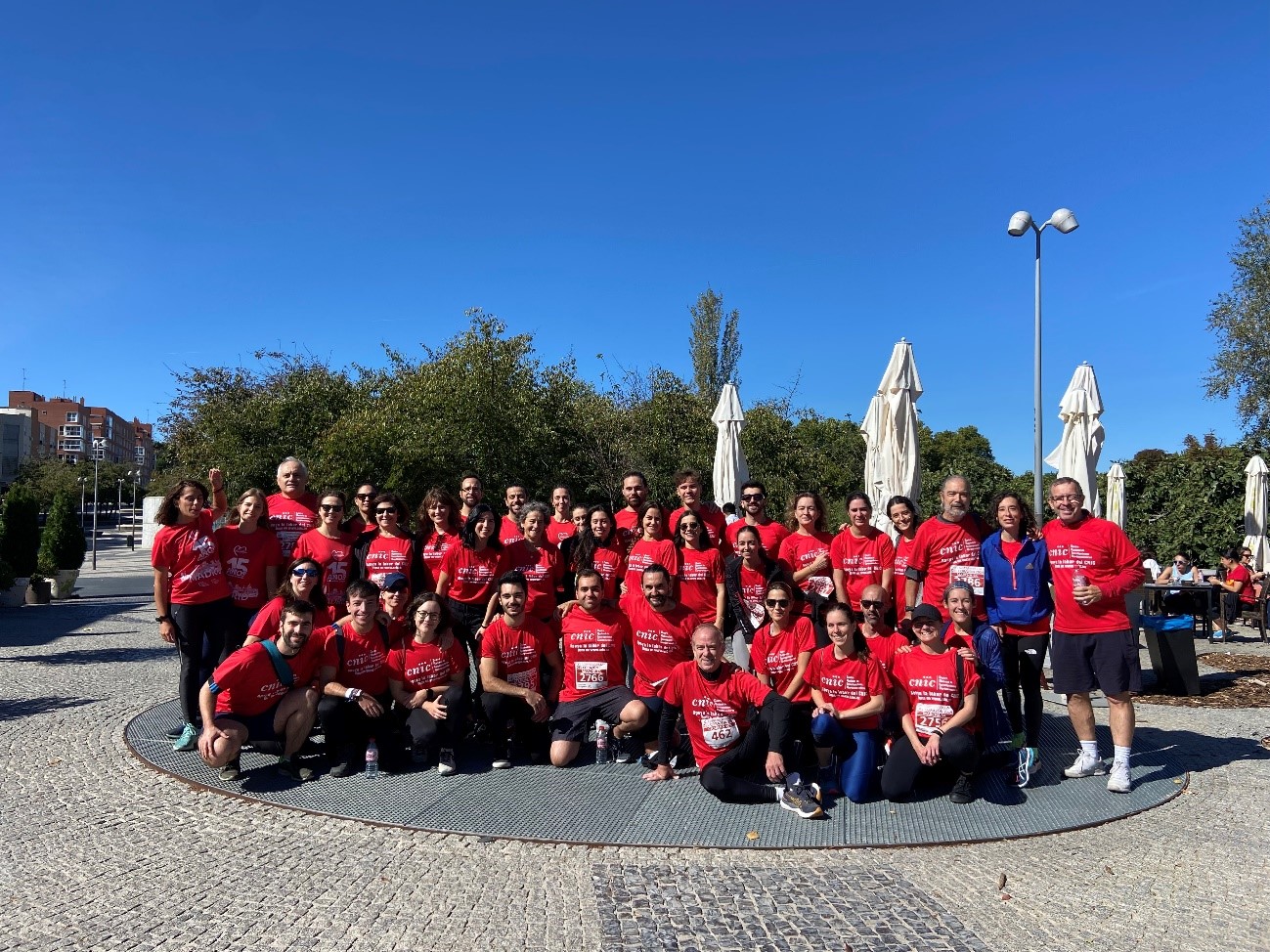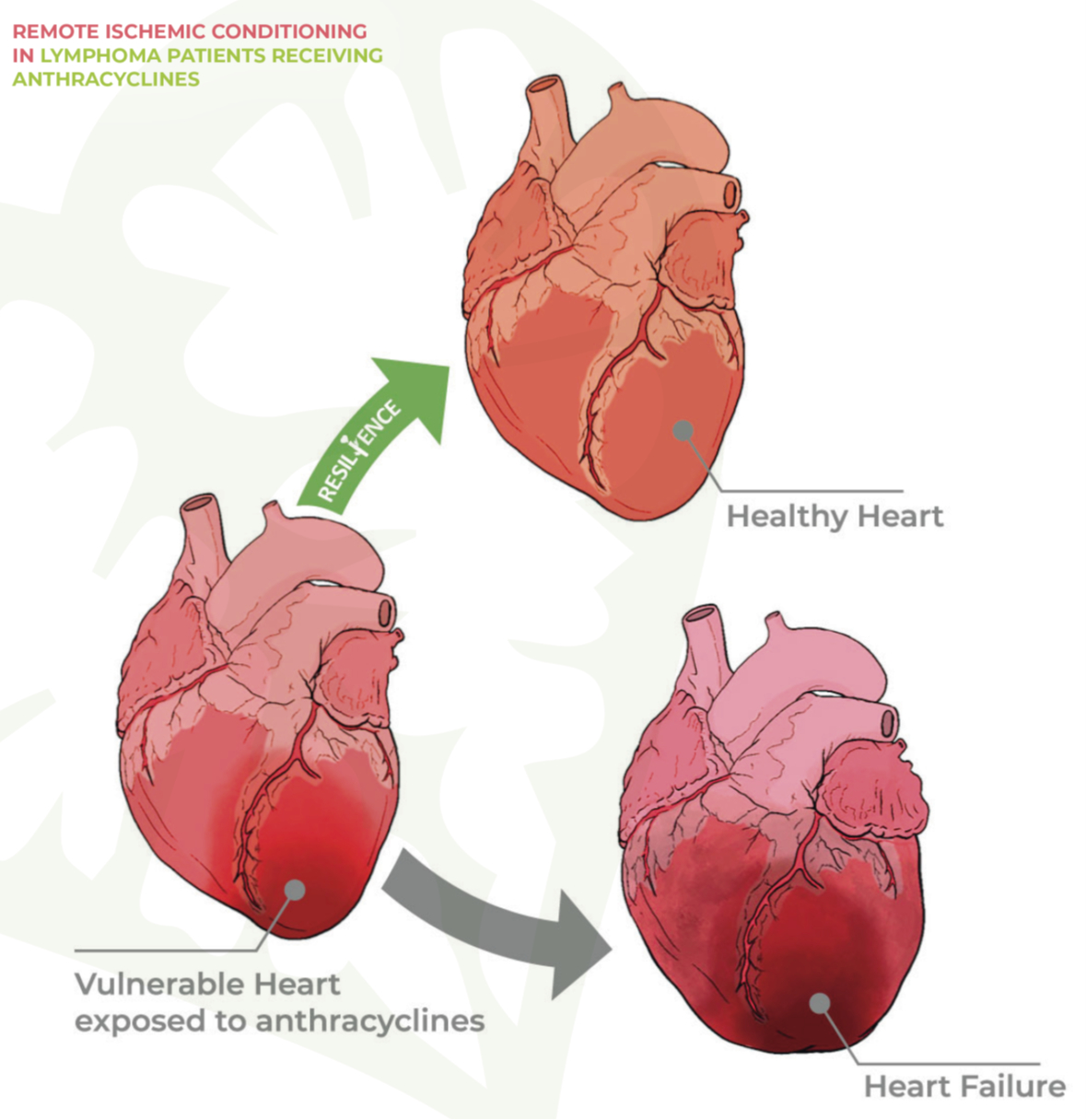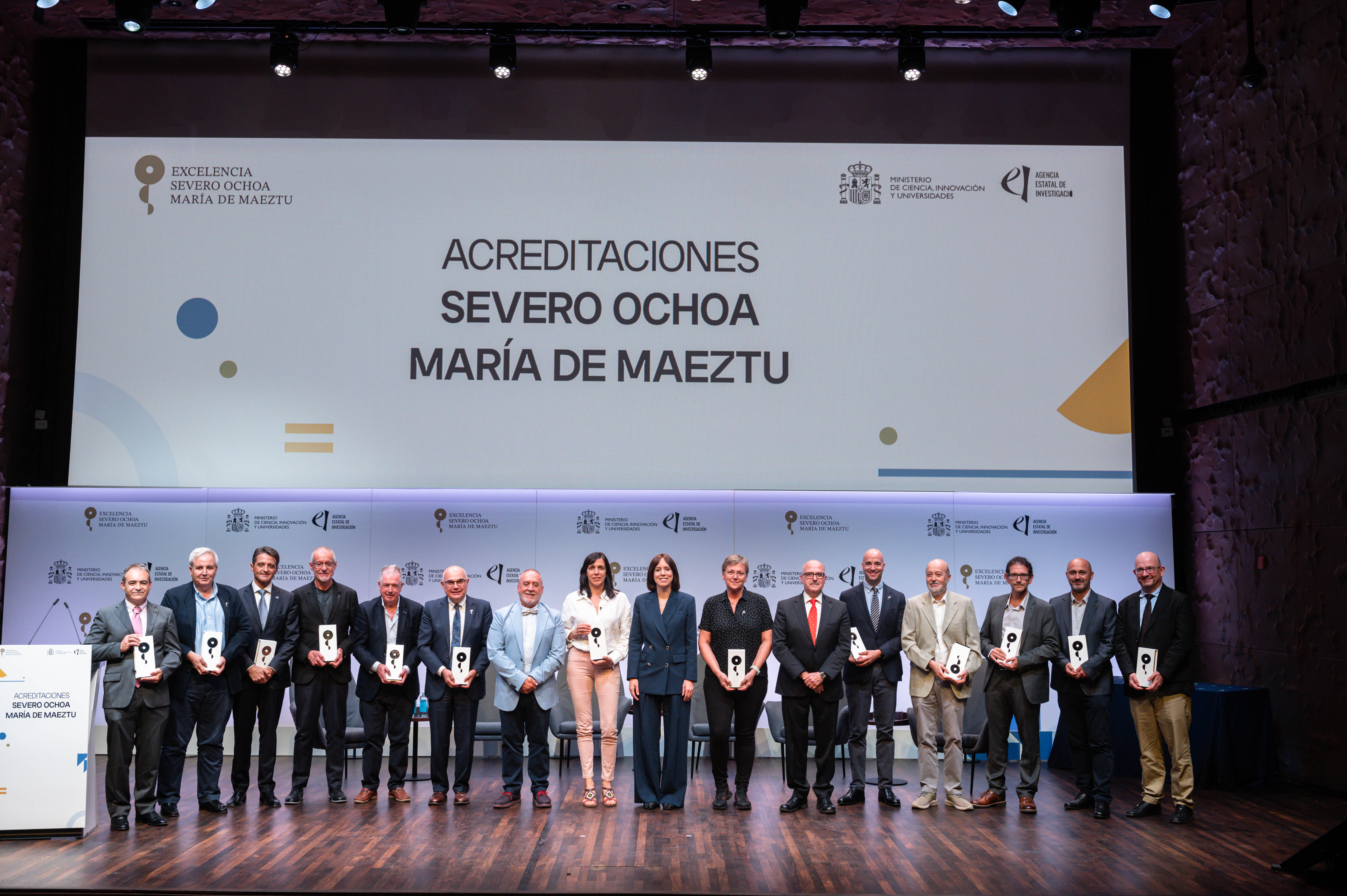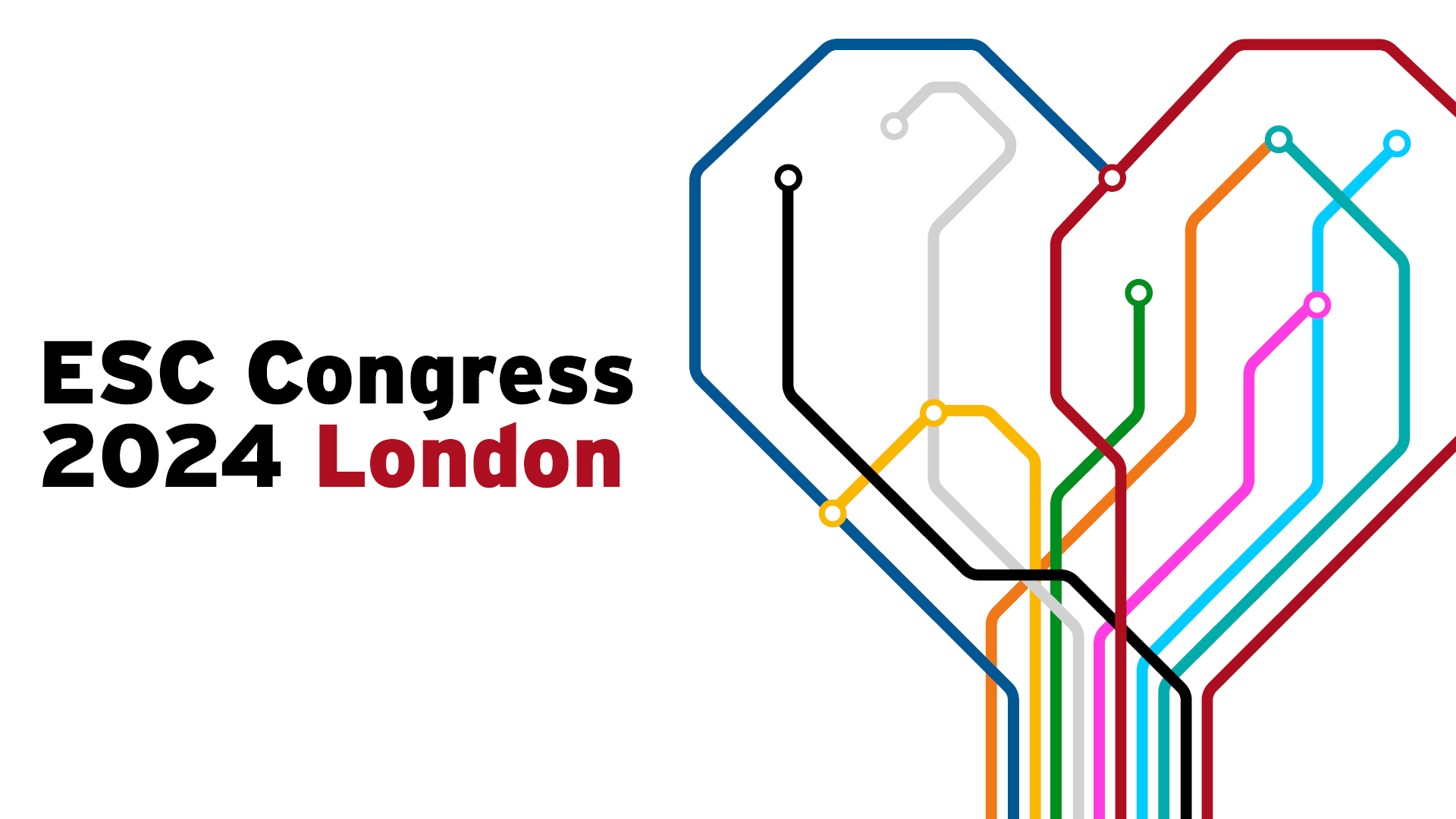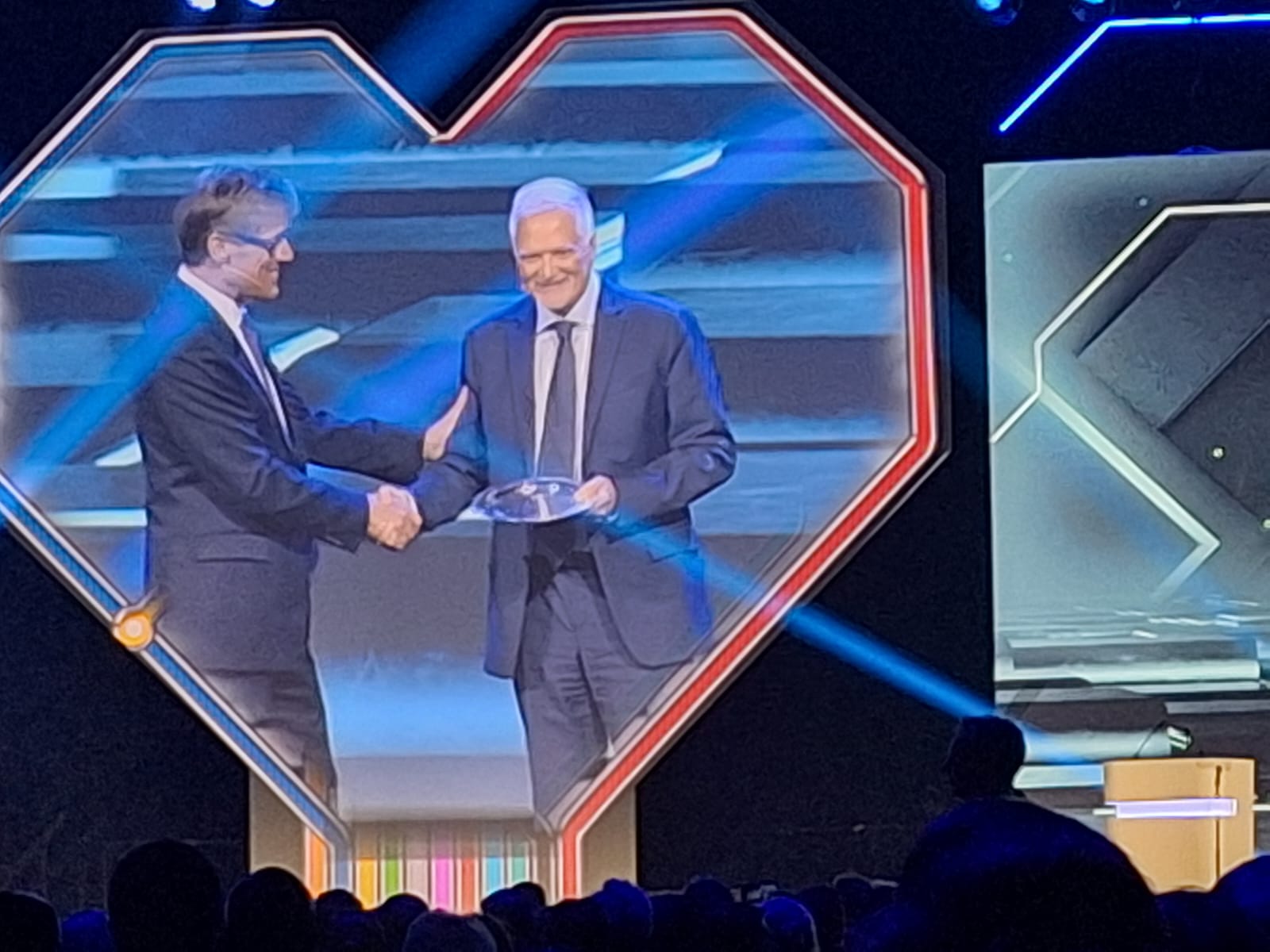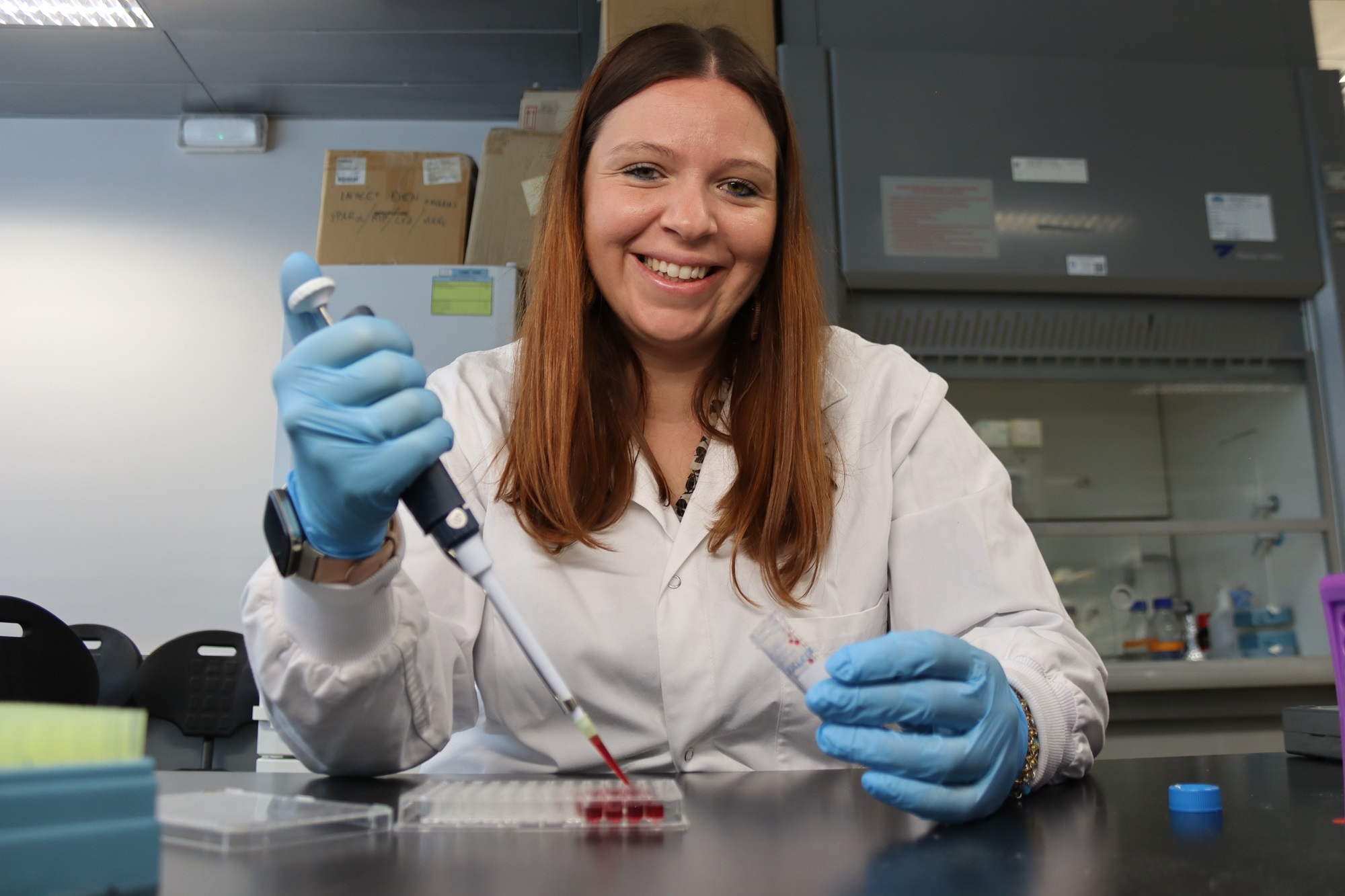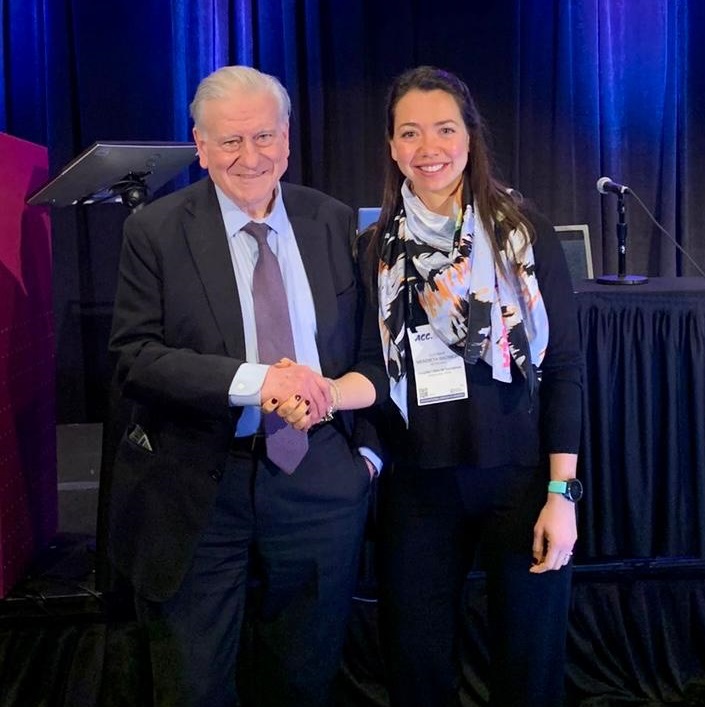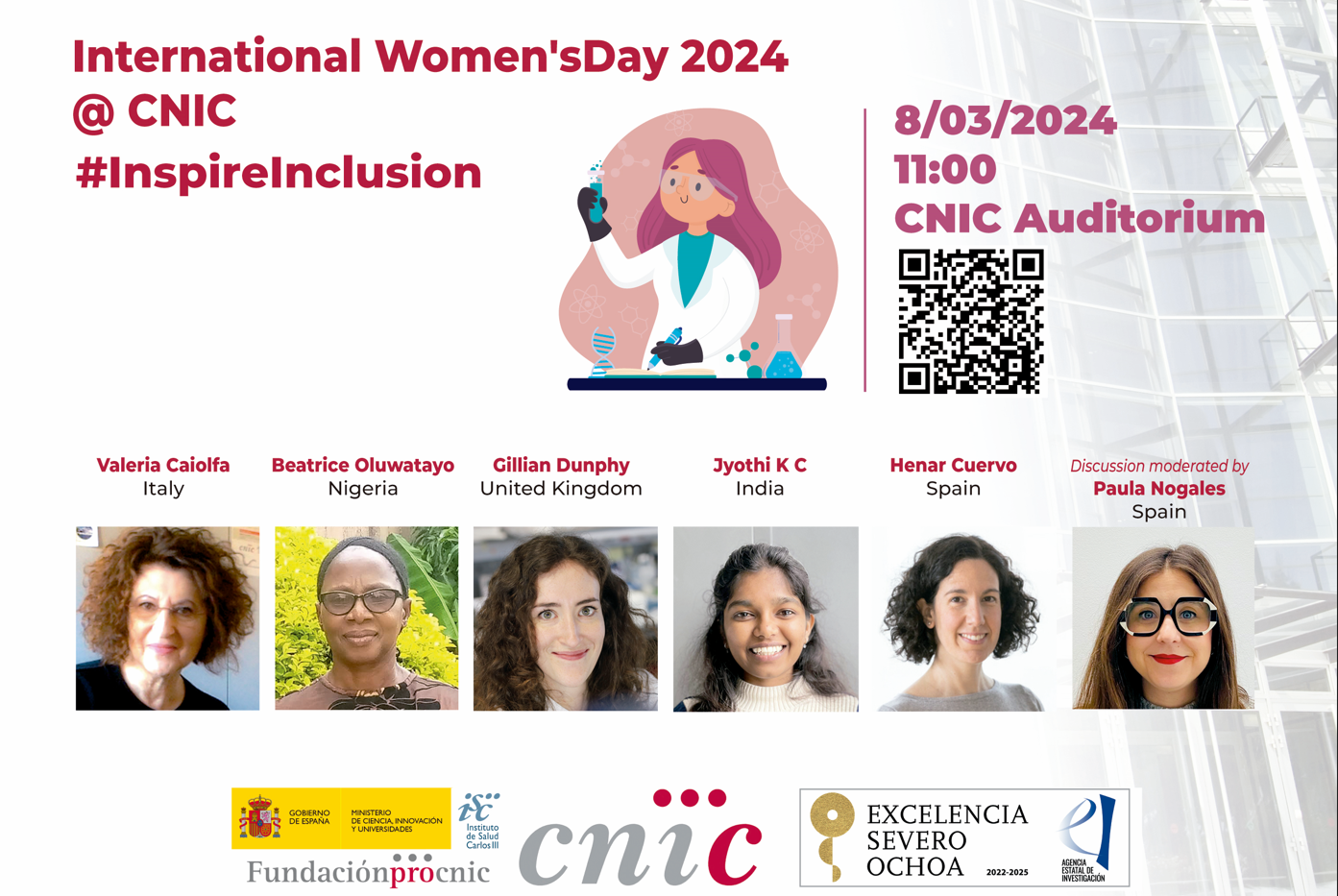News search
|
About the CNIC 7 Oct 2024 This open forum will be held on November 29th at CNIC headquarters |
|
Research 13 Sep 2024 RESILIENCE is a clinical trial funded by the European Commission (H2020 Programme) that aims to reduce the prevalence of heart failure in cancer survivors |
|
About the CNIC 30 Aug 2024 |
|
About the CNIC 10 Apr 2024 Guiomar Mendieta has been awarded the 2023 William W. Parmley Young Author Achievement Award for a paper published in JACC that is considered to an outstanding contribution in the field of atherosclerosis |
- ‹ previous
- 2 of 7
- next ›

